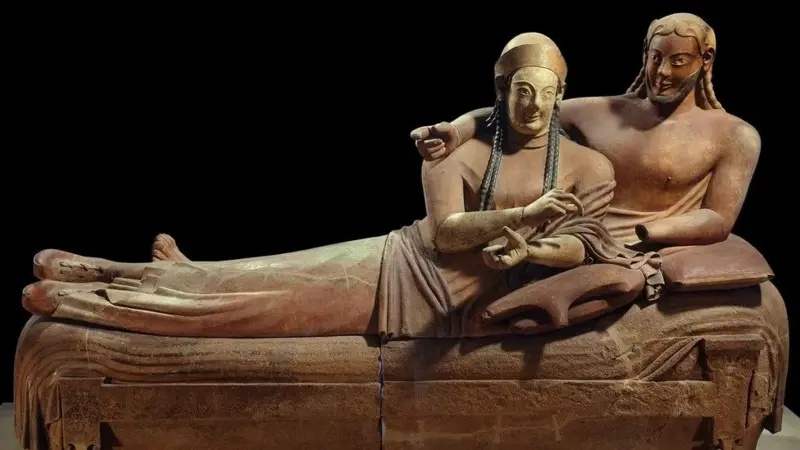The topic of female sexual desire has long been a source of fascination and debate. In ancient times, women’s perspectives on passion and sexuality were deeply influenced by culture, societal expectations, and religious beliefs. This article delves into how women of antiquity viewed sexual desire and how their experiences were shaped by their era.
Sexual Desire in Ancient Civilizations
Sexuality in ancient civilizations like Greece, Rome, and Egypt played a significant role in societal and cultural norms.
- Ancient Greece: Women’s sexuality was often confined to the private sphere. While men were encouraged to explore their desires, women were expected to prioritize familial duties.
- Ancient Rome: Roman women, especially of higher status, had limited autonomy regarding their sexual lives. However, artifacts and literature reveal some acknowledgment of women’s passions.
- Ancient Egypt: Egyptian women appeared to enjoy more freedom, with texts and art suggesting a relatively open attitude toward female sexuality.
These varied views highlight how societal structures influenced ancient women’s experiences.
Religious and Moral Perspectives
Religious beliefs heavily shaped ancient women’s perceptions of sexual desire. In many cultures:
- Desire as Divine: In some ancient religions, female sexuality was celebrated as sacred, often associated with fertility and goddess worship.
- Desire as Sinful: Other traditions viewed sexual passion as something to be controlled, linking it to moral or spiritual purity.
These dual narratives created complex attitudes toward women’s sexuality.
The Role of Literature and Mythology
Ancient literature and mythology provide fascinating insights:
- Mythological Figures: Female deities like Aphrodite and Ishtar embodied both the power and complexity of sexual desire.
- Erotic Poetry: Writers like Sappho celebrated female passion, showcasing intimate and emotional expressions of love.
These works reflect how ancient societies both constrained and acknowledged women’s sexual agency.
Societal Expectations and Gender Roles
Gender roles dictated women’s experiences with sexual desire:
- Marriage and Duty: Women were often expected to focus on procreation rather than personal pleasure.
- Silence and Shame: Open discussions about female sexuality were discouraged, fostering silence and stigma.
Despite these restrictions, historical accounts hint at women finding ways to express their desires within societal constraints.
Modern Reflections on Ancient Views
Understanding ancient women’s perspectives helps contextualize modern discussions on sexuality:
- Empowerment: Recognizing the struggles and strengths of women in history highlights progress in sexual autonomy.
- Continued Challenges: Many societal stigmas surrounding female sexuality have roots in ancient attitudes and persist today.
By examining the past, we can better address present-day issues.
Conclusion: Lessons from the Past
Ancient women’s thoughts on sexual desire were as diverse as the cultures they lived in. While societal constraints often suppressed their voices, literature, art, and mythology offer glimpses of their experiences. Reflecting on their stories helps us appreciate the progress made while acknowledging the work still needed to achieve full sexual equality and understanding.
